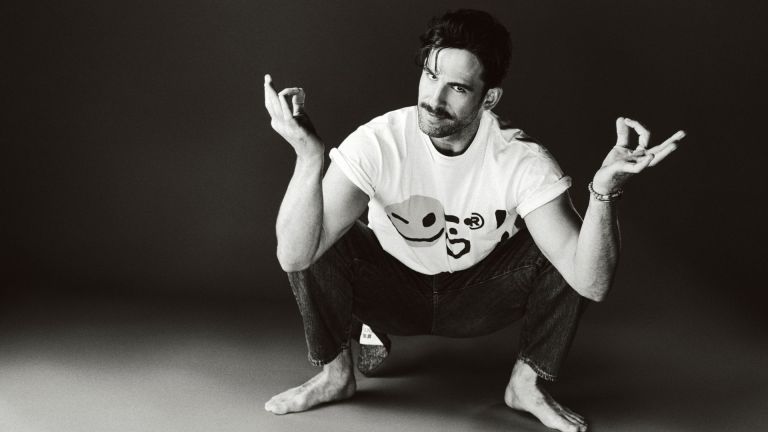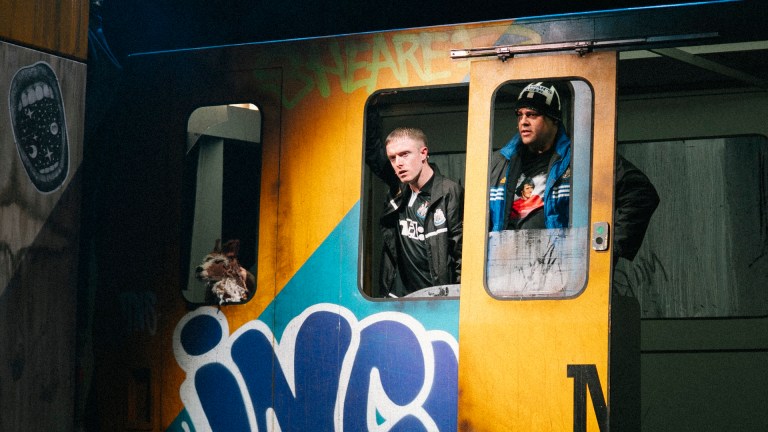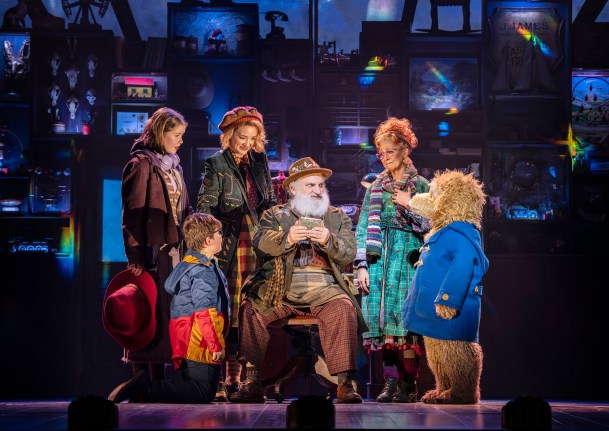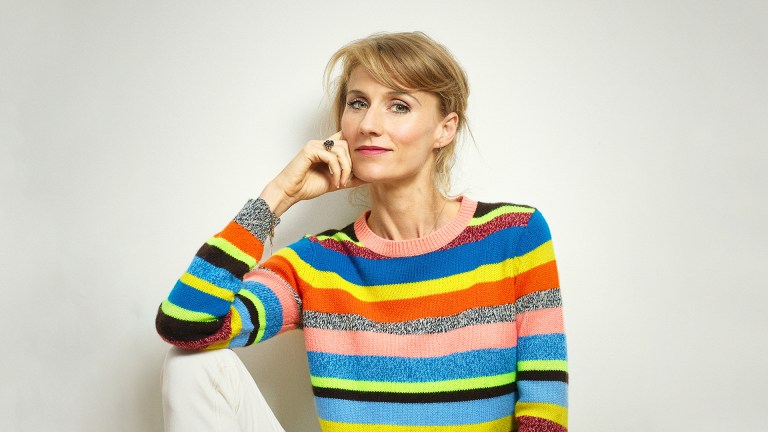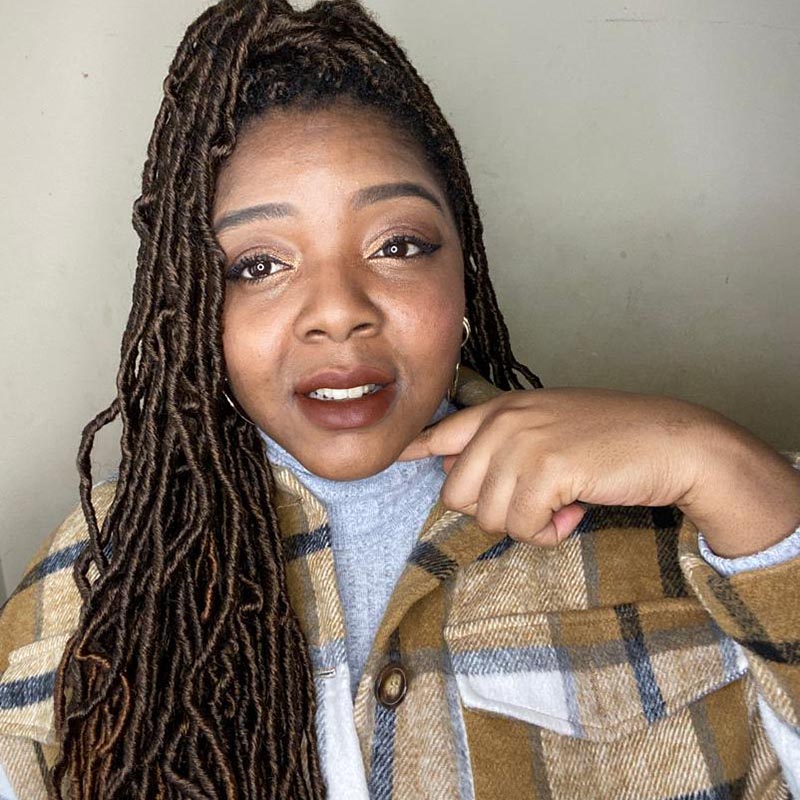
As a second-generation Black British African immigrant woman growing up in Harlesden, north-west London, I was surrounded by people who looked like me. Yet in school I was never taught about Black British history, particularly the role Black women played.
I trained at drama school, but felt the stories I was being asked to perform were not culturally mine, which forced a form of assimilation that angered me, playing spinsters, nurses and maids. At home, all I had to do was look around me to understand that many of the archetypes that exist in mainstream work were not reflective of the Black women I knew.
In 2017 I watched Guerrilla, a TV drama about a pair of activists in 1970s London who set out to free a political prisoner and wage a resistance movement. It prompted me to read more about the activism of the era, which led me to the Oval Four, the Stockwell Six and the Mangrove Nine.
Get the latest news and insight into how the Big Issue magazine is made by signing up for the Inside Big Issue newsletter
The Nine were a group of British Black activists, who were taken to court for inciting a riot when they were protesting against police harassment and targeting of The Mangrove, a Caribbean restaurant in Notting Hill. Significantly, Black women such as Barbara Beese and Altheia Jones-LeCointe were at the heart of the movement. I discovered a world of Black British history that centered Black women, a world that I had not been taught, a world that is still barely highlighted on stage and screen.
Despite growing awareness of these figures, thanks to films such as Steve McQueen’s Small Axe anthology, I felt an urgency to acknowledge and celebrate their legacy. I discovered my youth worker and teaching assistant at school was a child of one of the Mangrove Nine. I continued to research and reach out to people, and became aware of the sensitivities that come with being a descendent of those activists.


